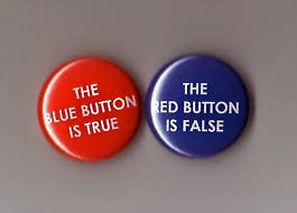Over the last several weeks, I conducted an informal survey among business leaders in a variety of industries. In doing so, I uncovered an interesting problem facing almost every organization: Customers today demand more for less, even before a sale occurs.
Most organizations feel prospective customers treat their products and services like a commodity. Additionally, they feel those same prospective customers demand more differentiation, more expertise, and more support of products and services before any sale takes place. Think about that for a second. Customers feel your products and services are a commodity but when making purchasing decisions, they expect differentiation. How can this be?
 How can potential customers treat a product or service like a commodity yet at the same time demand differentiation? All of this before a sale takes place. What causes this behavior? Introducing The Sales Paradox. Every business must do everything possible to avoid The Sales Paradox.
How can potential customers treat a product or service like a commodity yet at the same time demand differentiation? All of this before a sale takes place. What causes this behavior? Introducing The Sales Paradox. Every business must do everything possible to avoid The Sales Paradox.
Most businesses do a poor job educating prospective customers, a key reason businesses end up in The Sales Paradox. By the time a prospective customer thinks the product or service your business provides is a commodity, it is too late. If the value your organization brings to a customer is more than just being lowest price option, it is your organization’s responsibility from the first time a prospect sees a website, gets an email from someone on your team, or meets your team face to face, to differentiate. Every touch point with a prospect provides an opportunity to subtly differentiate your product or service. Doing so may be as simple as mentioning selective hiring practices, past projects completed, awards your organization has won, or loyalty programs you offer.
The only guaranteed way to end up in The Sales Paradox is doing nothing.
If you do not use every touch point with a customer as an opportunity to un-commoditize yourself, you have no one to blame but yourself when your customer decides to go elsewhere based solely on price or worse, for an unknown reason.
The next time your organization meets a prospect for the first time, designs a new landing page, or writes scripts for a new campaign, ask your team: Are we taking this opportunity to differentiate ourselves and provide value for our prospective customer?